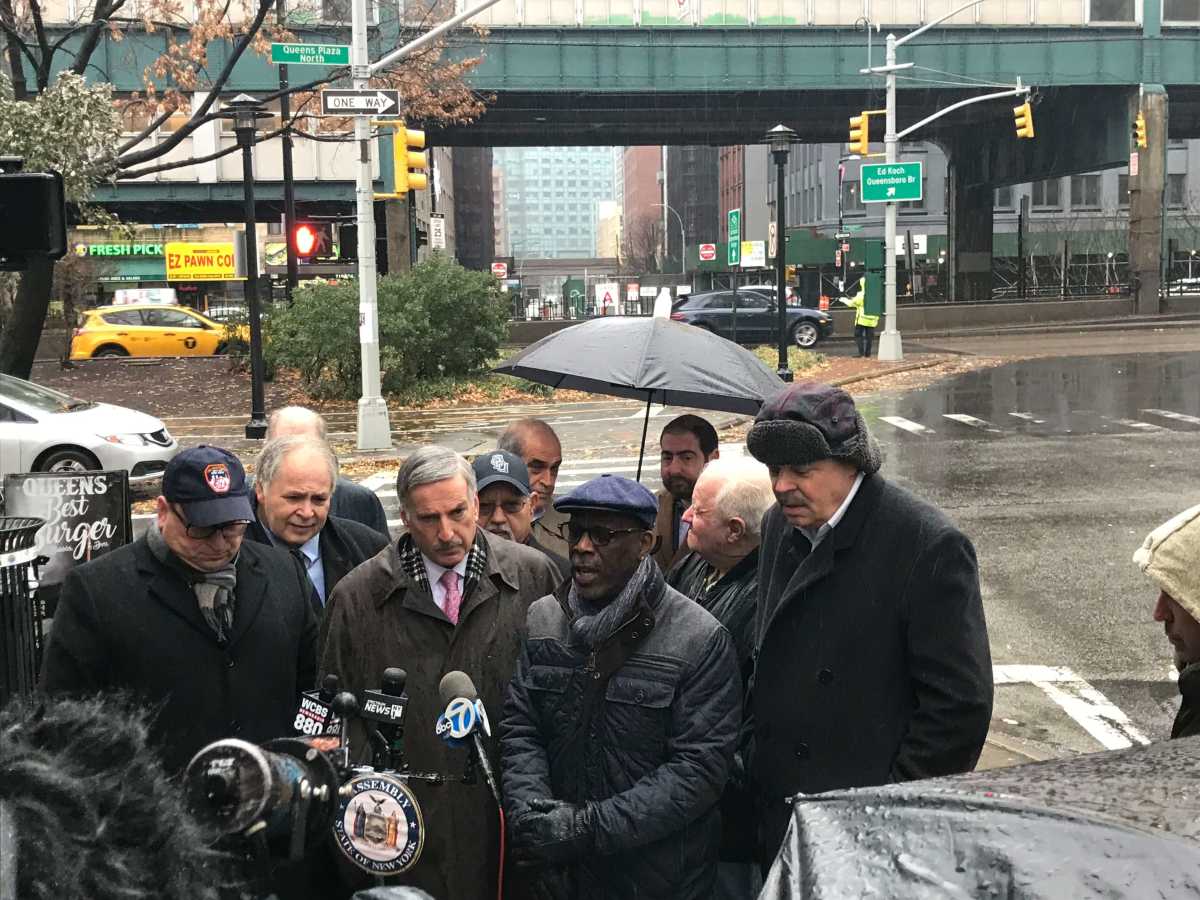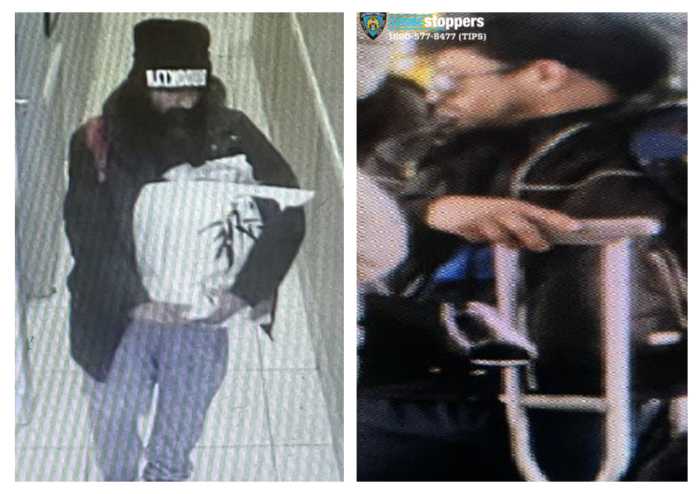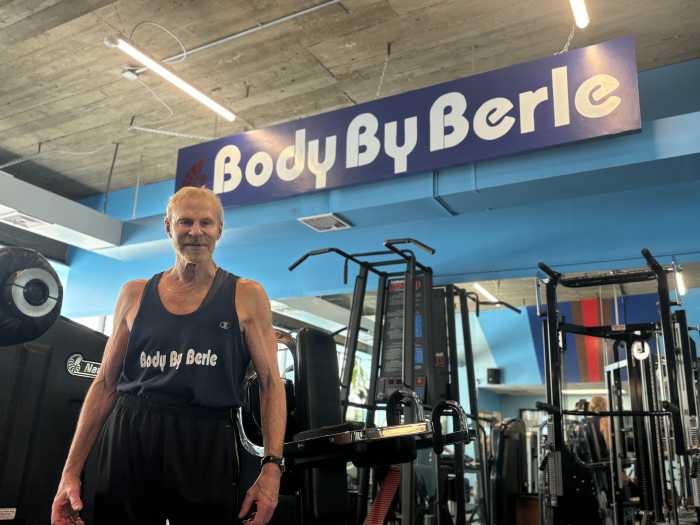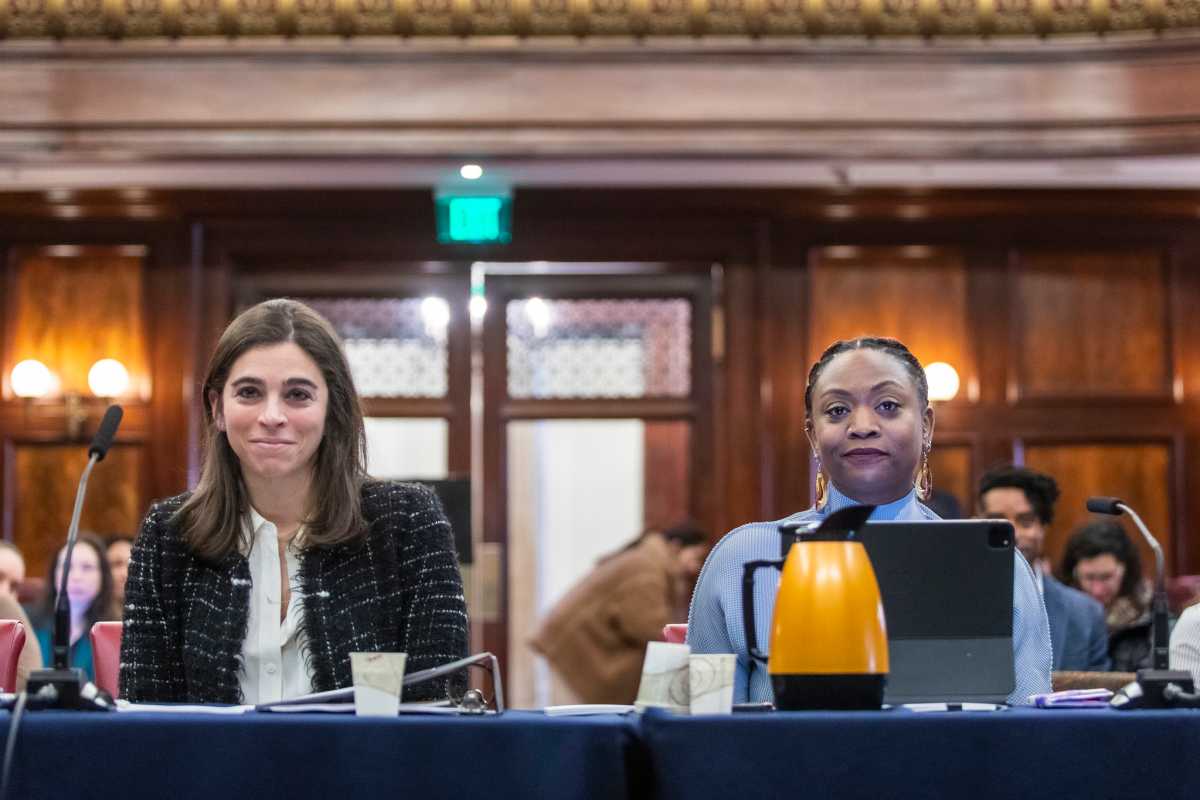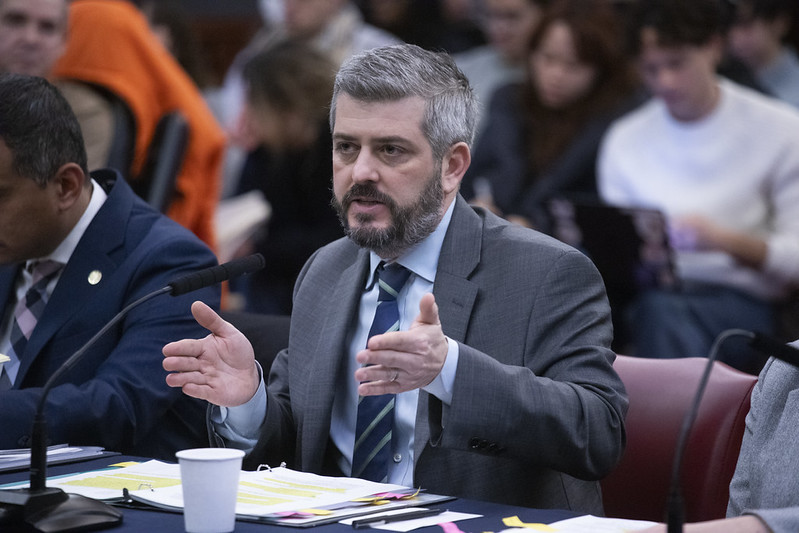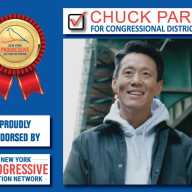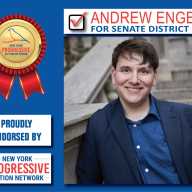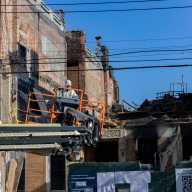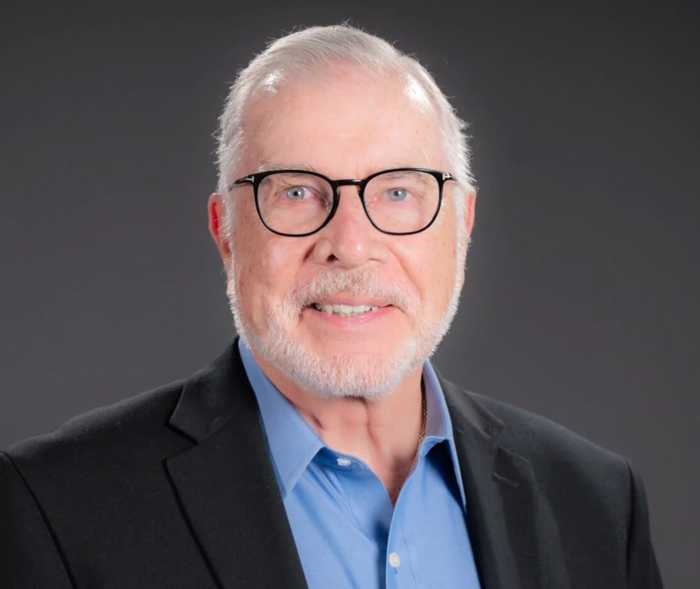Civic leaders and lawmakers from eastern Queens traveled on a rainy Sunday morning to Long Island City to announce their staunch opposition to any congestion pricing tax that could be burdensome for their constituents traveling to and from Manhattan.
Assemblyman David Weprin and City Councilmen Barry Grodenchik and Daneek Miller were joined by the Queens Civic Congress, Trucking Association of New York,Keep NYC Free, and concerned outer-borough residents for the Dec. 16 press conference Dec. 16 25-01 Queens Plaza North, near the entrance to the Ed Koch-Queensboro Bridge.
The congestion pricing plan, introduced by Governor Andrew Cuomo’s Fix NYC Task Force in January, aims to alleviate traffic on Manhattan streets and provide the ailing subway system with much needed cash. The plan, which will begin in 2020, calls for an $11.52 charge for cars entering parts of Manhattan, plus surcharges for taxis, for-hire vehicles, and an heftier $25.34 for trucks.
Weprin believes the congestion tax would be disastrous for Queens, Brooklyn, and Long Island residents, as it would cost commuters hundreds of dollars in additional expenses each month.
“It would raise the cost of doing business with the cost of congestion taxing being passed onto businesses,” said Weprin. “It would raise the cost of consumer goods, with business passing along extra costs to consumers. It would limit the competitive ability of these local small businesses; and it would impose a monetary barrier to Manhattan for outer borough residents, who often travel to the city to visit a doctor, watch a show or enjoy a night out in Manhattan.”
“New York cannot burden the backs of these outer borough working and middle class residents, already struggling with the rising costs of living with a new congestion tax,” he added.
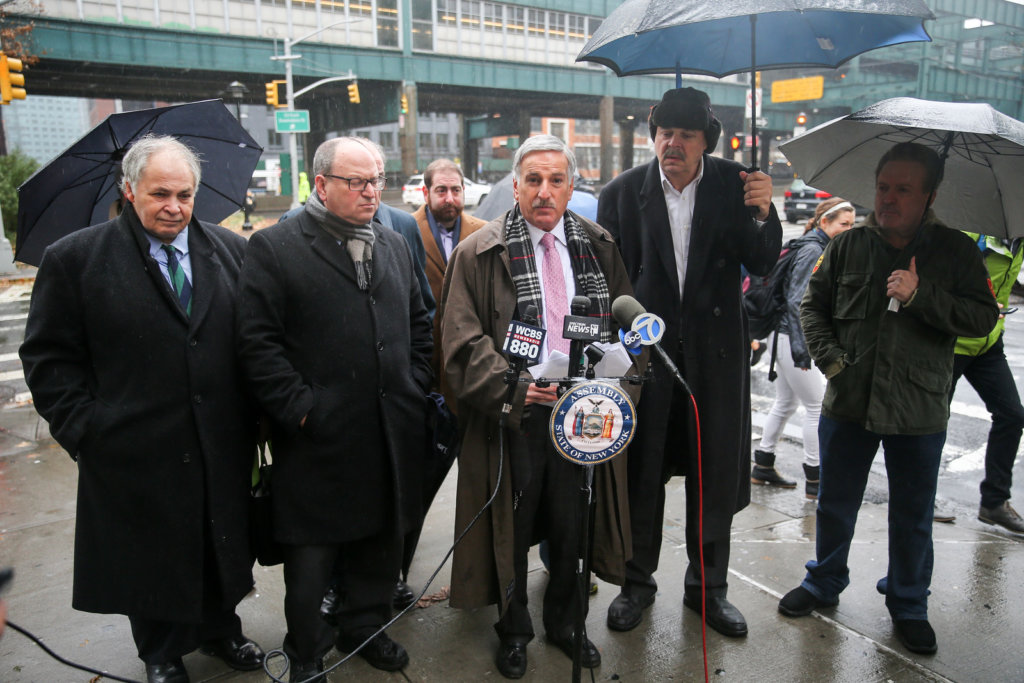
Weprin said that the state and city governments must find alternative funding streams to boost public transportation improvements, including the restoration of a commuter tax, an increase in the gas cap, and tax revenue from marijuana legalization.
In Southeast Queens, where there isn’t a multitude of accessible transit options for his constituents, Miller said his community shouldn’t be forced to pay what he believes to be a regressive and burdensome tax.
“When programs such as the reduced fare LIRR Atlantic ticket offer viable alternatives that actually benefit outer borough residents,” said Miller. “Transportation is the great equalizer between communities, but there is no equity to be gained from congestion pricing.”
Grodenchik agreed, stating that there are alternatives that can be explored which will not disproportionately impacted communities and residents of Eastern Queens.
Corey Bearak, senior policy advisor with Keep NYC Congestion Tax Free, said the congestion tax represents an ideological-driven attempt at social engineering which would limit the ability of New York City’s middle class and working families to midtown and downtown Manhattan every work day.
“It makes better sense to replace this regressive scheme and its limited and unsustainable revenues with sound measures identified by Keep NYC Free, including charging market rate for street closures ($600 million), registration fees ($300 million) and non-resident income tax ($2 billion),” said Bearak. “These would better serve the public and transit needs.”

